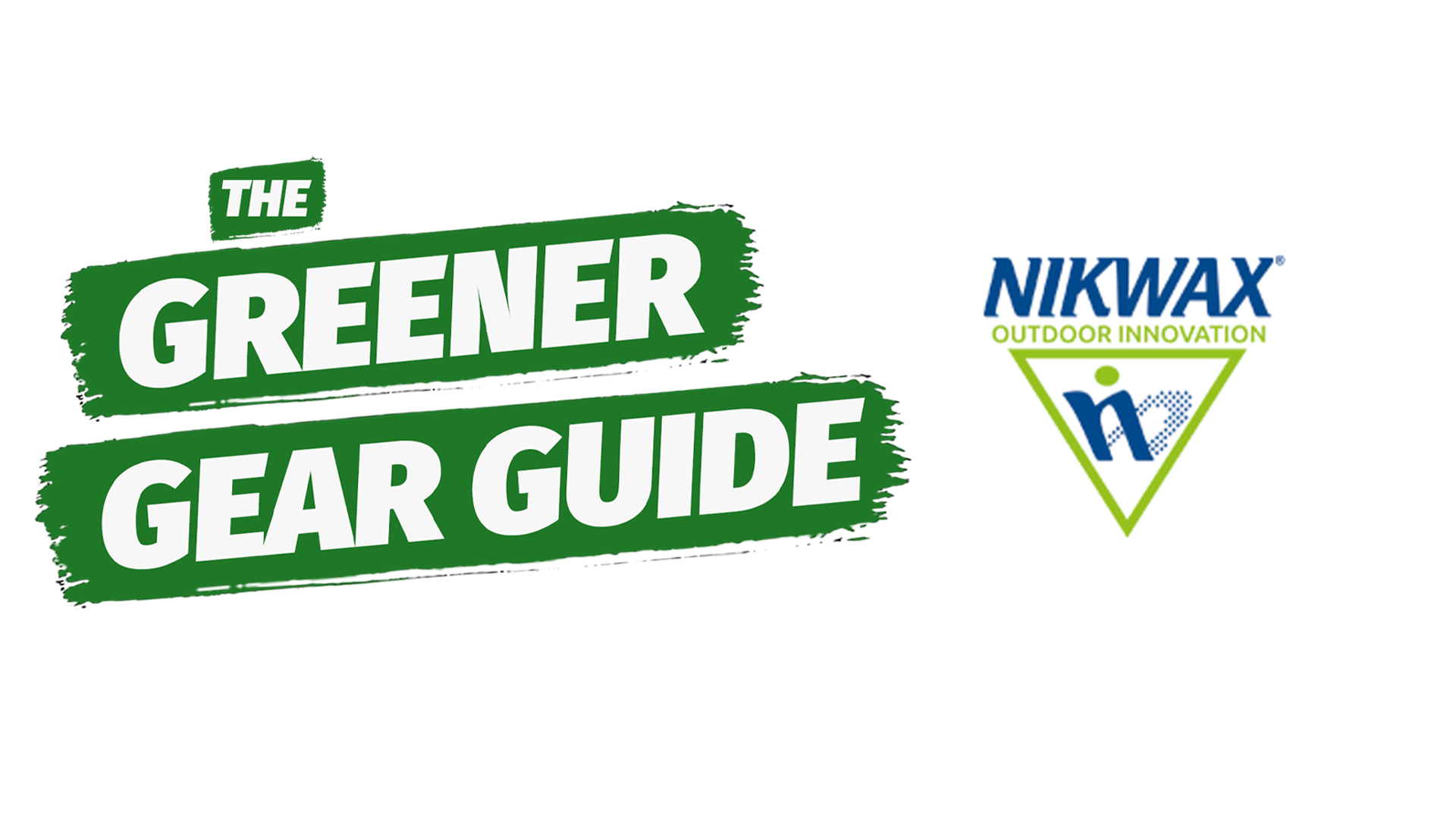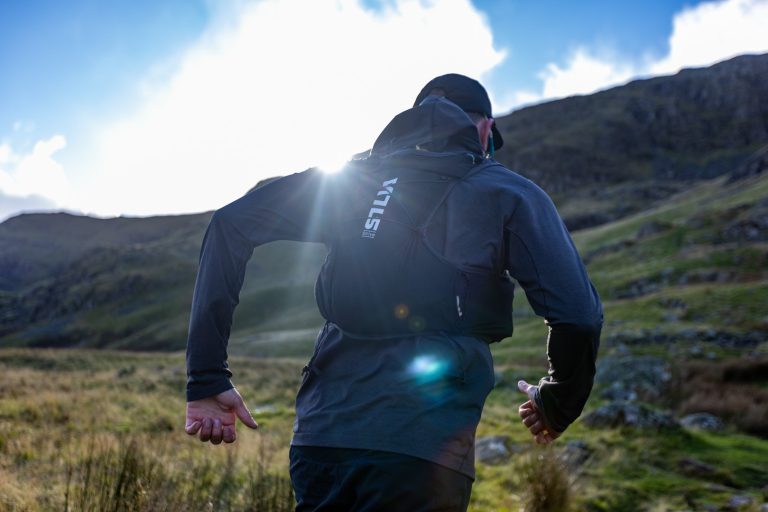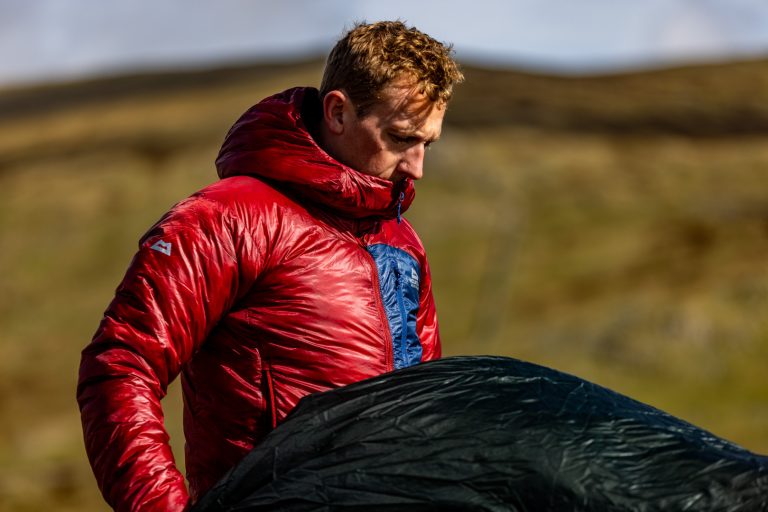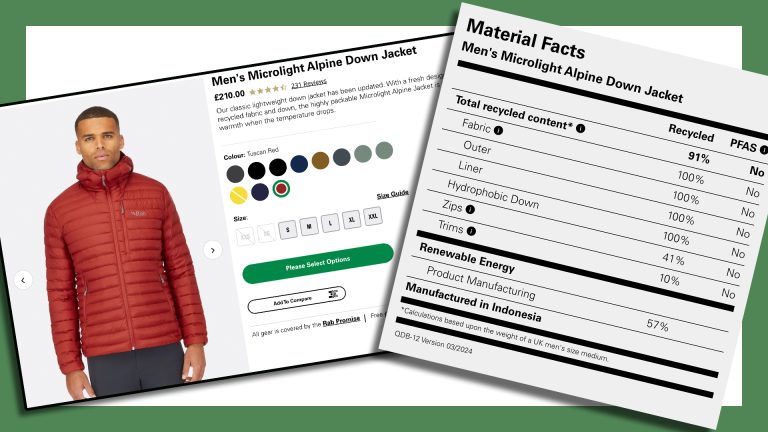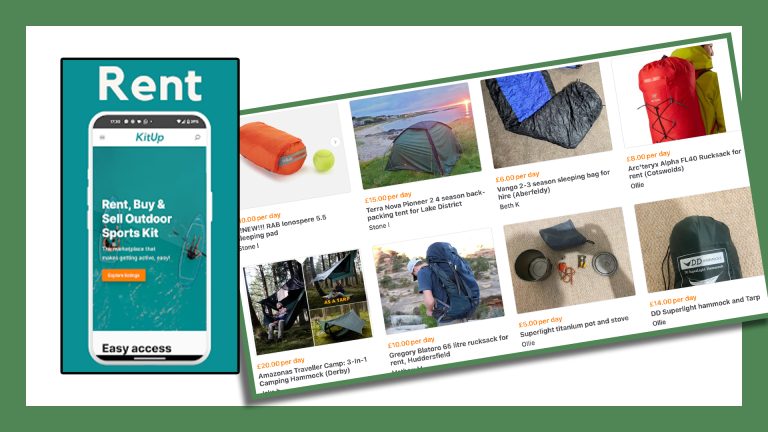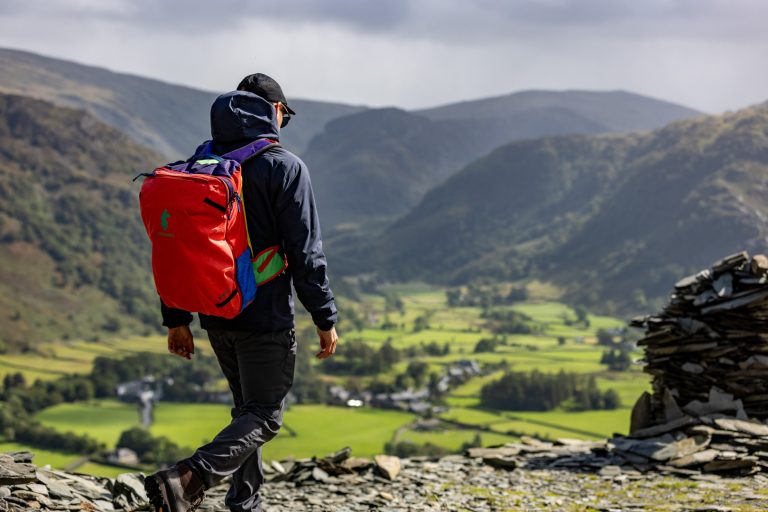You know the feeling: your new gear has just arrived. That long-awaited winter layer lands on your doormat wrapped in earthy-coloured paper packaging; or those shiny new trail running shoes drop in a compostable cardboard box. Cue an instant ‘green dopamine’ hit, right? More and more businesses have made the switch from plastic packaging to paper-based alternatives in recent years – it seems like a sustainable solution. Realistically though, are we just trading one environmental crisis for another?
Every year, over 3 billion trees are cut down globally to make packaging, and the impact on the planet is profound. Canopy’s Pack4Good initiative was established to help combat the destruction of endangered forests by providing innovative, sustainability-focused alternatives to environmentally damaging packaging and fashion fabrics. Through the initiative, Canopy are working with brands at supply-chain level, helping them to implement tree-free packaging in their business and supporting them in re-thinking packaging design, quantity and end-of-life solutions.
So far, 445 businesses have partnered with Canopy through the scheme including adidas, BAM and HeiQ, and in September 2024, Patagonia signed up too. In a blog post on their website, Founder and Executive Director of Canopy, Nicole Rycroft said:
“This commitment comes at a crucial time when the need for low-carbon alternatives to forest-based packaging is more pressing than ever. By supporting the scale-up of Next Gen materials, Patagonia is not only contributing to the preservation of Ancient and Endangered Forests, but also leading the outdoor apparel sector towards a more sustainable future.”
So, what exactly are these Next Gen materials, and how are they kinder to the planet? Agricultural waste like leftover straw, flax and hemp – which are often burnt after food harvests – can be transformed into packaging products similar to paper, but with a lighter footprint on the planet. Not only do these materials provide a forest-friendly alternative to traditional paper packaging and reduce waste, they also create new income streams for farmers. Canopy haven’t taken paper off the table entirely: using post-consumer recycled paper and pulp rather than virgin wood fibres reduces the paper’s carbon footprint in the long run, helping to mitigate climate change and slow down demand for forest products. Canopy works with the providers of NextGen materials, facilitating long-lasting and change-making business relationships with brands. Lastly, where the use of forest products is unavoidable, Canopy helps businesses to choose Forest Stewardship Council (FSC)-certified sources. The FSC oversees responsible harvesting and respectful practices in forestry, Pack4Good gives brands a steer on what level of certification to look for.
As part of Pack4Good, Canopy also provides support with logistics systems and product redesign, like re-usable shipping boxes and clothing rental services. The focus ultimately is on reducing the use of raw resources and enabling a more circular economy where possible. With some of the fashion and outdoor clothing industry’s biggest names already on board, Pack4Good is transforming supply chains and the marketplace, creating a better future for forests by thinking outside the box.
Find out more about Canopy’s Pack4Good scheme at canopyplanet.org

